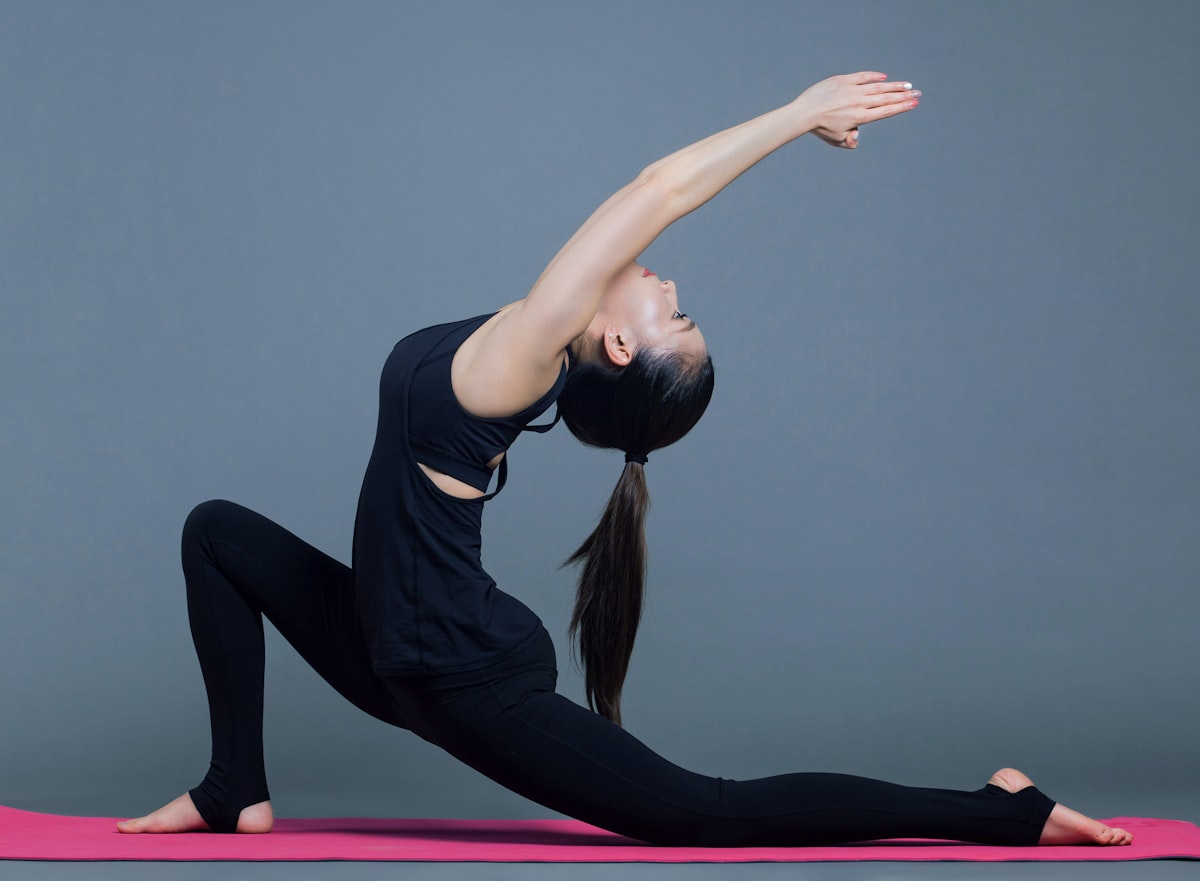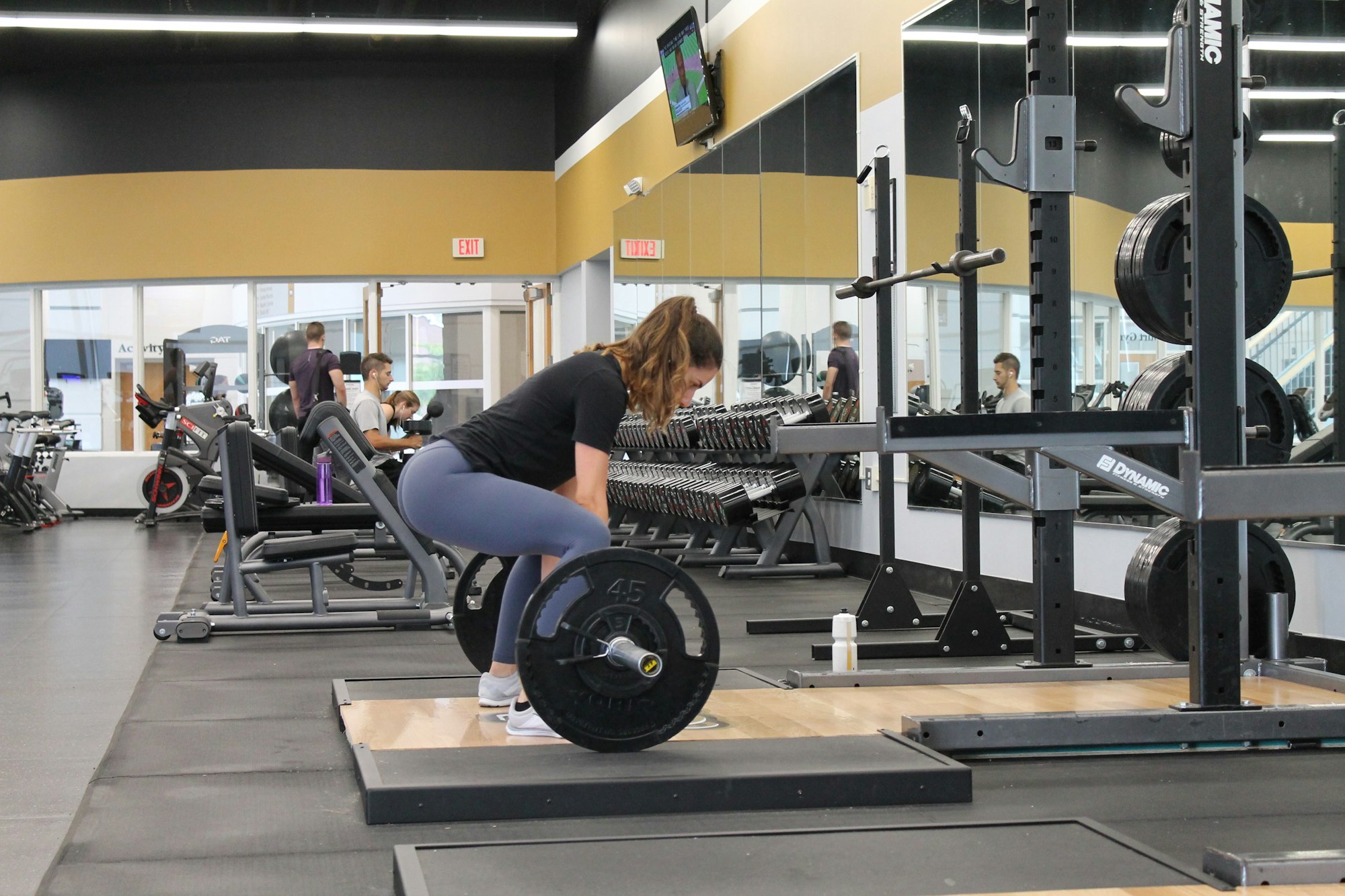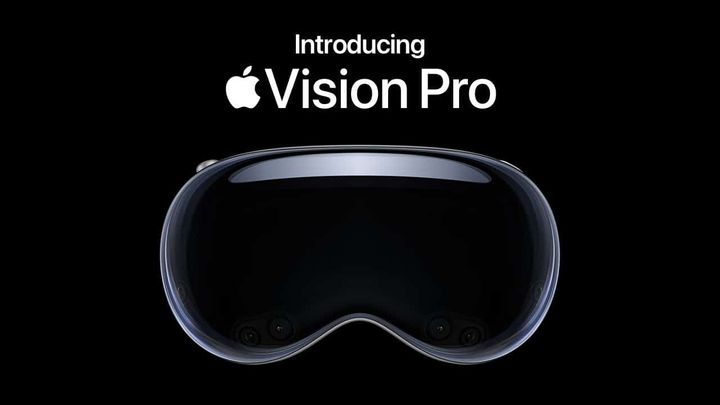What is Pilates and how it is helpful?
If you're looking for a low-impact exercise that can improve your posture, balance, flexibility, and overall well-being, Pilates may be the perfect choice for you.

Pilates is a form of exercise that emphasizes the balanced development of the body through core strength, flexibility, and awareness in order to support the efficient, graceful movement. It was developed by Joseph Pilates in the early 20th century and has gained widespread popularity due to its ability to improve posture, reduce stress, and increase overall body awareness and control. Pilates can also help alleviate back pain, improve balance and coordination, and even enhance athletic performance.
What are the benefits of Pilates?
The benefits of Pilates are numerous. Not only does it improve physical health, but it can also have a positive impact on mental well-being by reducing stress and anxiety levels.
- Improve Posture: Pilates helps to strengthen the core muscles that support proper posture, leading to improved alignment and reduced strain on the neck, shoulders, and back.
- Increase Flexibility: Pilates includes a variety of stretching exercises that can increase flexibility and range of motion in the body. This increased flexibility can also help to reduce the risk of injury during other physical activities.
- Build Core Strength: Pilates is renowned for its ability to build core strength. By focusing on the muscles of the abdomen, lower back, and hips, Pilates can improve stability, balance, and overall strength throughout the entire body.
- Reduce Stress: Pilates can also help to reduce stress levels. By incorporating deep breathing techniques and mindfulness practices, Pilates encourages a mind-body connection that can promote relaxation and reduce anxiety and tension in the body.

What are the principles of pilates?
The principles of Pilates include concentration, control, centering, precision, breath and flow. These principles are designed to help practitioners develop a strong mind-body connection and perform exercises with proper form and technique, ultimately leading to a more effective and efficient workout. Incorporating these principles into your Pilates practice can also help to improve overall body awareness and mindfulness, leading to better physical and mental health outcomes both on and off the mat.
- Concentration: One of the principles of Pilates is concentration, which involves focusing your mind on the task at hand and being fully present in your body throughout the exercises. This level of concentration can help to improve mental focus and clarity, allowing you to get the most out of your Pilates practice.
- Control: Another important principle of Pilates is control. This involves performing each movement with precision and intention, rather than relying on momentum or external forces. By practicing control in Pilates, you can develop greater awareness and mastery over your body, leading to improved coordination and reduced risk of injury.
Centering: Centering is another principle of Pilates, which involves focusing on the body's center of gravity or core. By strengthening and stabilizing the core, practitioners can improve their overall posture, balance, and alignment. - Precision: Precision is also a key principle of Pilates, which involves performing each movement with attention to detail and proper alignment. By focusing on precision, practitioners can ensure that they are targeting the correct muscles and performing each exercise safely and effectively, leading to better results and reduced risk of injury.
- Breath and flow: The final two principles of Pilates are breath and flow.
Breath involves coordinating your movements with your breath, which can help to improve oxygenation and circulation throughout the body. Flow involves moving smoothly and continuously through each exercise, with a sense of grace and fluidity.
By incorporating these principles of breath and flow into your Pilates practice, you can increase relaxation and reduce stress levels, leading to a greater sense of well-being and overall improved physical and mental health.
Incorporating these principles into your Pilates practice can lead to a more effective and enjoyable workout, with numerous benefits for your physical and mental health.

How to get started with Pilates?
To get started with Pilates, it's best to find a qualified instructor who can guide you through the basic instructions. However, you can learn by watching online videos you can also learn by combining in-person instruction with at-home exercises. To get an idea of what to anticipate from a class, you might wish to watch a few online exercises first.
What equipment is needed for Pilates?
Pilates can be practiced with or without equipment, but certain props such as a mat, resistance bands, stability balls, foam roller and pilates rings. Pilates machines can also be used for a more challenging workout.
Conclusion
Pilates is a holistic form of exercise, by practicing Pilates, you can improve your physical fitness and mental well-being, leading to a healthier and happier life. So why not give Pilates a try and see how it can transform your body and mind? Whether you're a beginner or an experienced practitioner, Pilates offers a wide range of exercises and modifications to suit your individual needs and goals. Invest in your health and try Pilates today.


